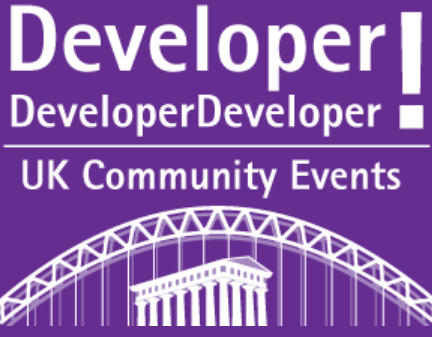Lively Learning Introduction
/Welcome to the Lively Learning part of the site. This is where I'm going to post information about the Lively Learning resources which I'm producing as the output of my University of Hull Teaching Fellowship award.
I'm presently half way through the award period, and have developed the first phase of the work. You can find out what it is all about here.
This journal will document project progress.
I will soon be releasing a kind of Technology Preview of the Marking Assistant program for anyone with a Tablet PC to download and play with. Download releases will be announced in this journal and posted here. There is also a discussion forum here.
RSS feeds for Lively Learning can be found here.
Introduction
This document sets out the reasoning behind the “Lively Learning Materials” project and the state presently reached in the development. If you have any questions on the project, or wish to get involved, you can send me an email or add a post to the discussion.
Motivation
The motivation for the project came with the realisation of the usefulness of E-Learning systems, and the frustration of trying to use them in our teaching situation. Whilst it is easy to create and deploy resources and assessments the material itself is rather inflexible once delivered, and the marking process involves sitting at a system and processing submitted work.
In the Department of Computer Science we are changing the way that we perform assignment marking. Rather than work through submitted material “off line” we now spend time with each student discussing their submission and explaining the reasons behind the mark that is ultimately awarded.
We have found that students gain a lot from this process, but it has not been very easy to integrate it into the use of an E-Learning system to distribute and manage coursework. Also, we have found that the learning materials that are deployed are hard for the students to customise for their own use.
As Information Technology practitioners we have also noticed the arrival of mobile devices, notably the Tablet PC and Ultra Mobile PC which show considerable potential in this area, so the initial aim of this work is to build a test d to determine how useful such devices will be for performing marking assessment.
Later this project will consider how such devices can be used by students to customise the resources that they receive.
Approach
When considering the approach to be taken, a number of ground rules were set out. These were intended to ensure that what is produced is useful in the widest possible range of contexts. Any systems that are created must be capable of operating in a small scale, individual, manner, but they must also be scaleable to large installations. Whilst it must be possible to integrate with existing E-Learning systems they must not be tied to any particular system. This has led to a “pluggable” software design and data storage based on the XML file format.
Current Status
The underlying framework for the learning resources has been designed and deployed as part of the Marking Assistant program. This is a Tablet PC/Ultra Mobile PC application which is specifically designed for us in laboratory systems, where work is being assessed with the student. It has a number of features which make it especially suitable for pen driven use. The application will be used for student assessment in the first year programming course in the Department of Computer Science.
